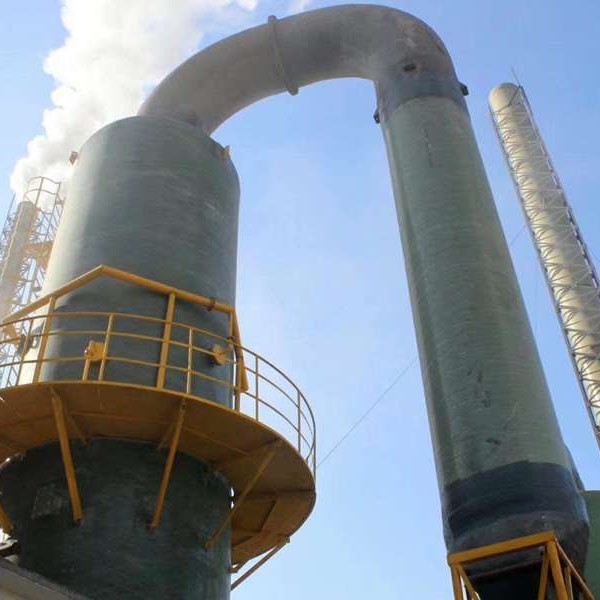
-
 Afrikaans
Afrikaans -
 Albanian
Albanian -
 Amharic
Amharic -
 Arabic
Arabic -
 Armenian
Armenian -
 Azerbaijani
Azerbaijani -
 Basque
Basque -
 Belarusian
Belarusian -
 Bengali
Bengali -
 Bosnian
Bosnian -
 Bulgarian
Bulgarian -
 Catalan
Catalan -
 Cebuano
Cebuano -
 China
China -
 China (Taiwan)
China (Taiwan) -
 Corsican
Corsican -
 Croatian
Croatian -
 Czech
Czech -
 Danish
Danish -
 Dutch
Dutch -
 English
English -
 Esperanto
Esperanto -
 Estonian
Estonian -
 Finnish
Finnish -
 French
French -
 Frisian
Frisian -
 Galician
Galician -
 Georgian
Georgian -
 German
German -
 Greek
Greek -
 Gujarati
Gujarati -
 Haitian Creole
Haitian Creole -
 hausa
hausa -
 hawaiian
hawaiian -
 Hebrew
Hebrew -
 Hindi
Hindi -
 Miao
Miao -
 Hungarian
Hungarian -
 Icelandic
Icelandic -
 igbo
igbo -
 Indonesian
Indonesian -
 irish
irish -
 Italian
Italian -
 Japanese
Japanese -
 Javanese
Javanese -
 Kannada
Kannada -
 kazakh
kazakh -
 Khmer
Khmer -
 Rwandese
Rwandese -
 Korean
Korean -
 Kurdish
Kurdish -
 Kyrgyz
Kyrgyz -
 Lao
Lao -
 Latin
Latin -
 Latvian
Latvian -
 Lithuanian
Lithuanian -
 Luxembourgish
Luxembourgish -
 Macedonian
Macedonian -
 Malgashi
Malgashi -
 Malay
Malay -
 Malayalam
Malayalam -
 Maltese
Maltese -
 Maori
Maori -
 Marathi
Marathi -
 Mongolian
Mongolian -
 Myanmar
Myanmar -
 Nepali
Nepali -
 Norwegian
Norwegian -
 Norwegian
Norwegian -
 Occitan
Occitan -
 Pashto
Pashto -
 Persian
Persian -
 Polish
Polish -
 Portuguese
Portuguese -
 Punjabi
Punjabi -
 Romanian
Romanian -
 Russian
Russian -
 Samoan
Samoan -
 Scottish Gaelic
Scottish Gaelic -
 Serbian
Serbian -
 Sesotho
Sesotho -
 Shona
Shona -
 Sindhi
Sindhi -
 Sinhala
Sinhala -
 Slovak
Slovak -
 Slovenian
Slovenian -
 Somali
Somali -
 Spanish
Spanish -
 Sundanese
Sundanese -
 Swahili
Swahili -
 Swedish
Swedish -
 Tagalog
Tagalog -
 Tajik
Tajik -
 Tamil
Tamil -
 Tatar
Tatar -
 Telugu
Telugu -
 Thai
Thai -
 Turkish
Turkish -
 Turkmen
Turkmen -
 Ukrainian
Ukrainian -
 Urdu
Urdu -
 Uighur
Uighur -
 Uzbek
Uzbek -
 Vietnamese
Vietnamese -
 Welsh
Welsh -
 Bantu
Bantu -
 Yiddish
Yiddish -
 Yoruba
Yoruba -
 Zulu
Zulu
Fiberglass Ducts Showcase Superior Durability and Resistance in Various Applications
Fiberglass ducts demonstrate exceptional resistance against many environmental and operational challenges, making them an ideal choice for various industrial and commercial applications. Unlike traditional materials such as metal or plastic, fiberglass maintains its structural integrity and performance even in harsh conditions. This inherent resistance contributes significantly to the longevity and efficiency of duct systems.
One of the most notable features of fiberglass ducts is their ability to withstand extreme temperatures. They can operate effectively in both low and high-temperature environments, which is crucial for systems that transport heated or chilled air. This adaptability prevents warping or degradation that can occur with less resilient materials, ensuring that the duct system remains functional and efficient over time.
Another aspect of fiberglass ducts’ resistance is their ability to endure corrosion. In environments where ducts are exposed to chemicals, moisture, or saline conditions, traditional materials can suffer from rust and erosion. Fiberglass, being non-metallic, does not corrode, thus eliminating the risk of leaks and maintaining air quality. This resistance is particularly vital in industrial settings where air quality can directly affect worker safety and operational effectiveness.
Fiberglass ducts also exhibit superior fire resistance. They do not support combustion, which enhances safety in facilities where flammable materials may be present. This property not only protects infrastructure but also aligns with fire safety regulations, making fiberglass an attractive option for commercial building codes.
fiberglass ducts demonstrate exceptional resistance against

Moreover, fiberglass ducts are lightweight compared to metal options. This feature simplifies installation and reduces labor costs, making the entire project more efficient. The installation process is less labor-intensive, and the reduced weight minimizes structural stress on buildings.
Another significant advantage of fiberglass ducts is their thermal insulation properties. The material has a low thermal conductivity, which helps maintain desired temperatures within the duct system. This insulation reduces energy consumption and enhances the overall efficiency of HVAC systems, leading to cost savings for businesses.
In conclusion, the exceptional resistance of fiberglass ducts against temperature extremes, corrosion, fire, and structural stress makes them an outstanding choice for various applications. Their lightweight nature and thermal insulation properties further enhance their appeal, ensuring that they provide efficient and reliable performance in diverse environments. As industries continue to search for durable and cost-effective solutions, fiberglass ducts stand out as a leading option in modern ductwork systems.









